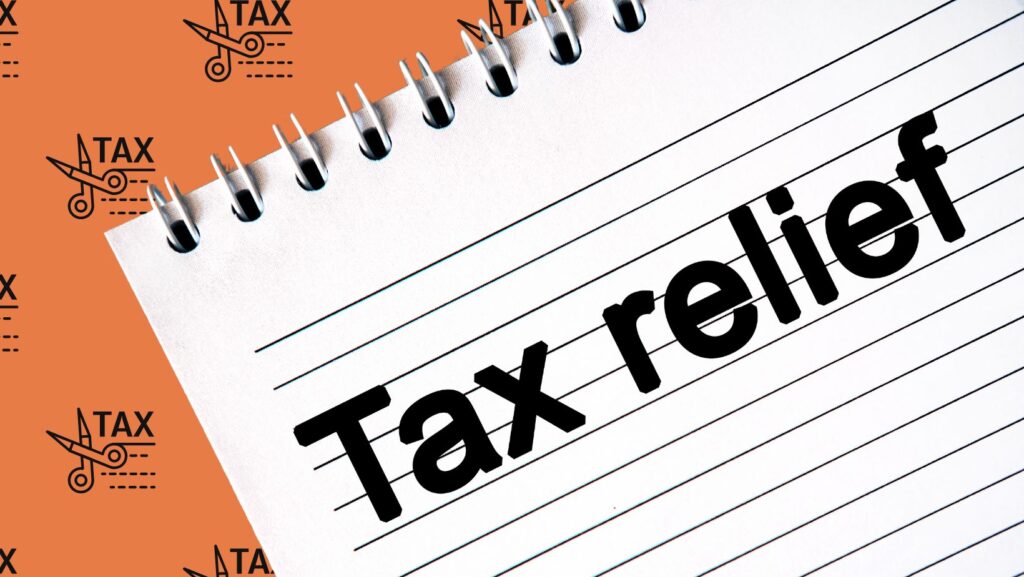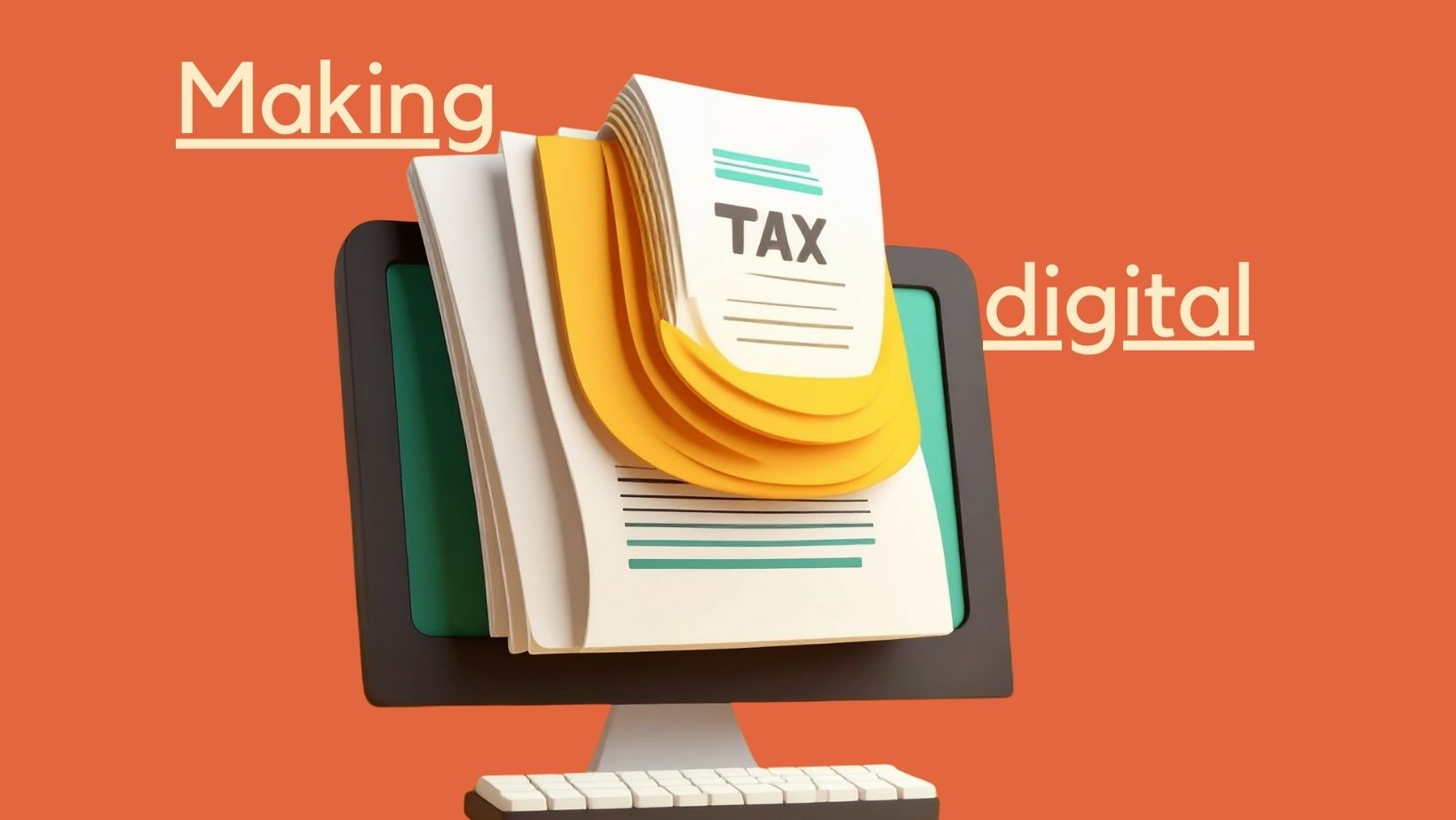There are various tax reliefs for small businesses and contractors that can ease the financial pressures that come at the end of each fiscal year.
As a small business or contractor in the UK, understanding the tax reliefs available to you can make a significant difference to your financial health. The UK government offers a variety of reliefs designed to support small enterprises, encourage investment, and foster innovation. Taking advantage of these opportunities can help reduce your tax burden, increase profitability, and fuel growth.
Below, we’ve outlined some of the key tax reliefs available to small businesses.
1. Annual Investment Allowance
The Annual Investment Allowance (AIA) is a valuable relief that allows small businesses to deduct the full value of qualifying capital purchases – such as equipment, machinery, and vehicles – from their taxable profits. The current AIA limit allows businesses to deduct up to £1million in qualifying investments each year, making it easier for businesses to invest in their future without being hit by significant upfront tax liabilities.
Who benefits?
Small businesses that regularly purchase machinery or equipment benefit most from this allowance, as they can claim the deduction in the year the expenditure is made, improving cash flow and reducing the overall cost of investment.
2. Small Profits Rate
The Small Profits Rate (SPR) is designed to ease the tax burden on small companies with modest profits. For businesses whose profits are £50,000 or less, a lower rate of Corporation Tax applies. This rate is currently 19%, as opposed to the main Corporation Tax rate of 25%. For profits between £50,000 and £250,000, the tax rate is marginal, meaning it gradually increases towards the higher threshold.
Who benefits?
This relief benefits small businesses with limited profits, allowing them to retain more of their earnings for reinvestment or distribution.
3. Research and Development (R&D) tax relief
R&D tax relief is a government incentive designed to encourage innovation and technological advancements within the UK. If your business engages in developing new products, services, or processes, or enhancing existing ones, you may be eligible for this relief. For small and medium-sized enterprises (SMEs), this relief can either reduce Corporation Tax liability or provide a cash credit for loss-making businesses.
For example, SMEs can claim up to 230% of their qualifying R&D costs. This means that for every £100 spent on qualifying R&D activities, you can deduct £230 from your taxable profits.
Who benefits?
Contractors and small businesses that are engaged in research, development, and innovation can benefit significantly from R&D tax relief, especially in industries like technology, manufacturing, and pharmaceuticals.
4. Employment Allowance
The Employment Allowance allows eligible businesses to reduce their National Insurance Contributions (NICs) by up to £5,000 per year. This relief is particularly beneficial for small businesses looking to expand their workforce without facing a disproportionate increase in employment costs.
By reducing the overall NICs burden, the Employment Allowance can help to manage payroll costs, making it more affordable to hire employees and grow the business.
Who benefits?
Small businesses with employees (but under certain thresholds) can benefit, making it an attractive option for contractors transitioning into expanding teams.
5. Tax-free dividends
If your business operates as a limited company, taking advantage of tax-free dividends can help you reduce your personal tax burden. Each year, you are allowed to withdraw up to £1,000 in dividends tax-free (as of the 2023/24 tax year). Any additional dividends are taxed at rates lower than salary income, making it an attractive way to distribute profits.
Who benefits?
This relief is ideal for small business owners and contractors who take income in the form of dividends from their company, allowing them to retain more post-tax income.
6. Flat Rate Scheme for VAT
The Flat Rate Scheme (FRS) for VAT simplifies the process of calculating VAT for small businesses with a turnover of £150,000 or less (excluding VAT). Instead of calculating VAT on every transaction, businesses pay a fixed percentage of their total sales as VAT to HMRC. The percentage depends on your industry.
For many small businesses, the Flat Rate Scheme can reduce the complexity of VAT accounting and, in some cases, even lower the overall VAT payable.
Who benefits?
This scheme benefits small businesses that don’t incur many VAT-able expenses, such as contractors and service-based businesses. It simplifies VAT reporting and can often reduce the total VAT burden.
7. Creative Industry Tax Relief
For businesses in the creative sector, the UK government offers Creative Industry Tax Relief (CITR), which includes specific reliefs for film, TV, animation, video game development, theatre, and more. These reliefs are intended to encourage the production of creative works within the UK.
Eligible businesses can claim an additional tax deduction for qualifying expenditures or opt for a payable tax credit instead. For example, the Video Games Tax Relief (VGTR) allows qualifying companies to claim a payable tax credit of up to 25% of qualifying expenditure.
Who benefits?
Businesses in the creative industries – such as film production companies, video game developers, and theatres – can benefit from substantial tax savings by leveraging this relief.
In short…
The tax landscape for small businesses and contractors in the UK can be complex, but with the right advice and planning, you can take full advantage of the available reliefs. Whether you’re looking to invest in new equipment, grow your team, innovate in your sector, or simply minimise your tax burden, these reliefs offer excellent opportunities to boost your bottom line.





